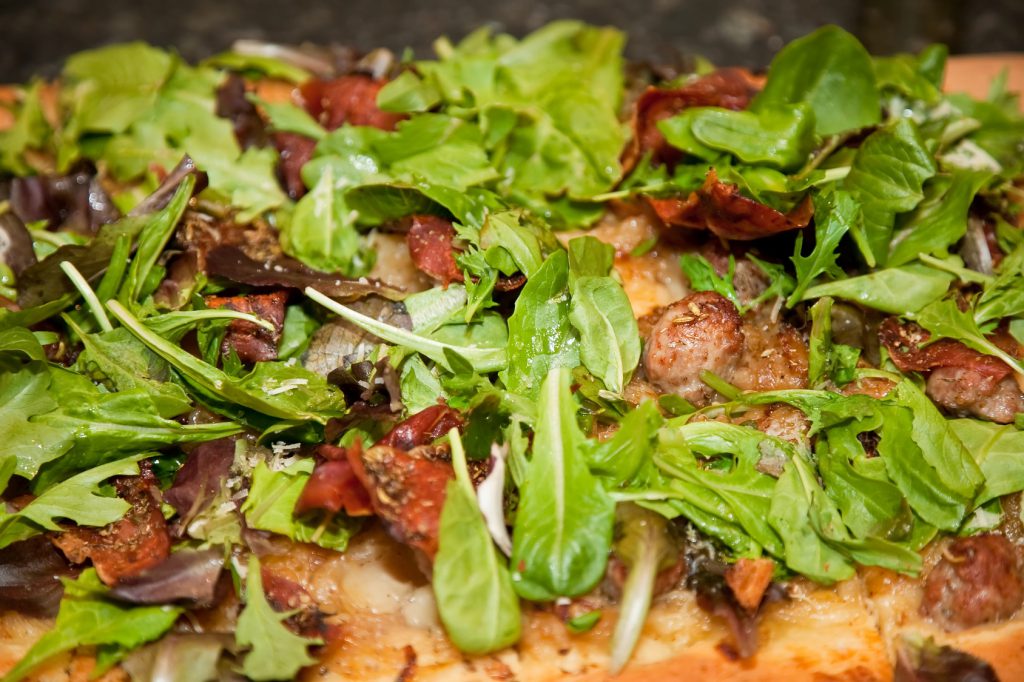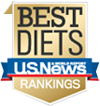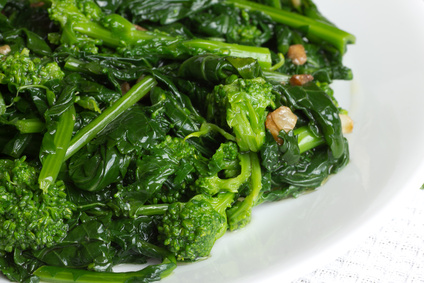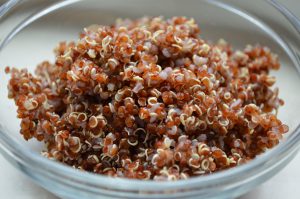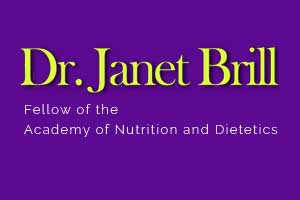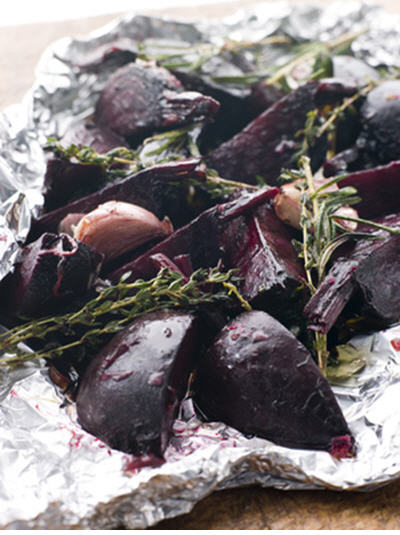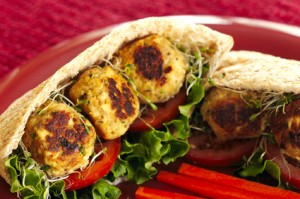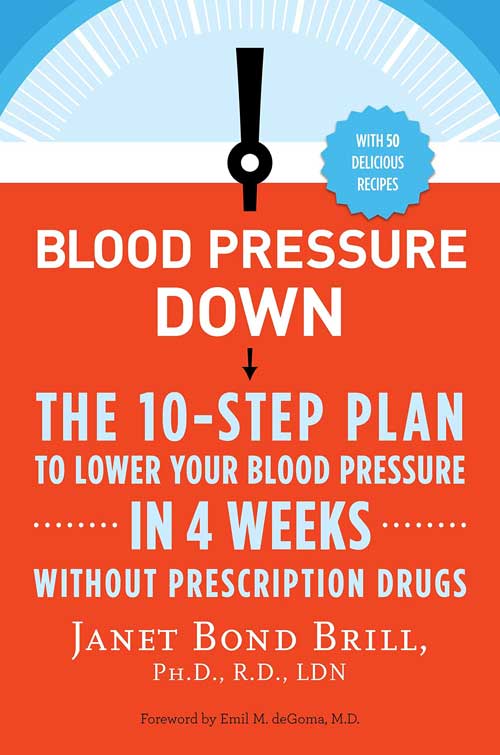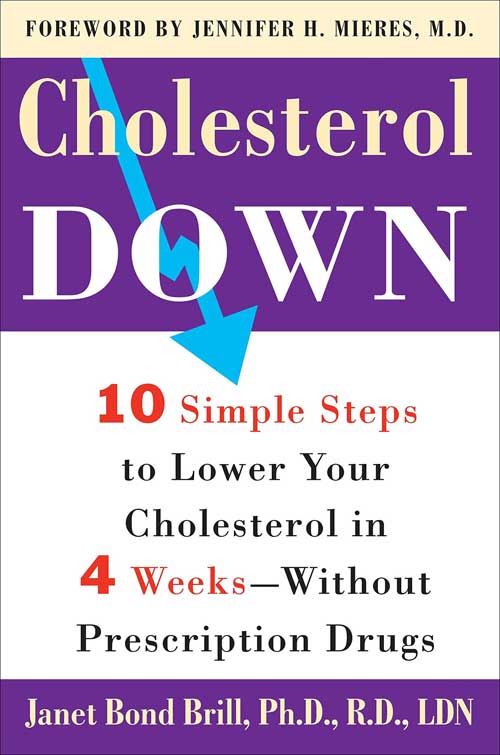By pws builder
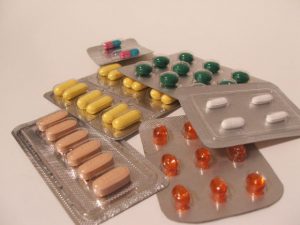 Children learn by example. The best way to raise a drug addicted kid is to model the behaviors of addiction. While most parents are not doing drugs in sight of their children, they do keep a medicine cabinet full of pharmaceuticals, and pop fists-full of pills as if their life depended on them.
Children learn by example. The best way to raise a drug addicted kid is to model the behaviors of addiction. While most parents are not doing drugs in sight of their children, they do keep a medicine cabinet full of pharmaceuticals, and pop fists-full of pills as if their life depended on them.
Granted, in many cases, life does depend on those pills and tinctures. But does your kid know the difference? Do you? There are the three blood pressure pills you take with breakfast, and the one you take for improved memory. The diabetic meds are taken at the same time as the one to help you get a better night’s sleep. The multi-vitamin sounds important. But is it, really?
Then, there are the pain pills. You’ve got aspirin, Advil, Tylenol, and Aleve. For slightly more pain, you have your synthetic narcotics like Tramadol. And then there is the hard stuff you got after that accident you’ve been keeping around, just in case. Don’t get me started on the depression and anxiety meds to help you cope with stress, and the Tums you eat like candy for your stomach.
The list goes on. And that is just your shelf of the medicine cabinet. You have one for your spouse, and another for the kids. Americans are the most overmedicated people in the world. Not including our over-the-counter habit, there was an average of 13 prescriptions prescribed for every man, woman, and child last year.
Our children watch us take pills for every conceivable complaint. This teaches our children that every problem can be solved with a drug. That is just one of the reasons we have to change the way we think about medicine. Here are two others:
Medicine has downsides
Here is a well-known fact that we try not to dwell on: Anti-venom is just venom. If you are bit by a snake, it could save your life. But make no mistake about it; anti-venom is poison, and one of the most useful medications in the world.
According to experts like Dr. Melvin H. Kirschner, every medicine that has effects, has side effects. If you want to kill cancer cells, you have to use poison that also kills healthy cells. You want to fight off a virus, you have to take a little bit of the virus.
Treating medicine casually opens us to serious conditions when medications go awry. The Avelox injury lawsuit currently focusing on peripheral neuropathy is just one reminder of how much is at stake every time we pop a pill. Researchers do not always get it right. And Big Pharma is driven as much by money as they are by saving lives. Attorneys are constantly fighting on behalf of clients bought in the crossfire. Medicine should never be taken casually.
We need our pain
Disclaimer: There is a level of physical and emotional pain that is unhealthy, and must be treated. See a medical professional to help determine where that level is for you.
More generally, we need our pain. It is okay for kids to fall and scrape their knees. They cry because it hurts. But it is not killing them. It is far from the worst pain life has in store for them. They can never get used to normal pain levels if they are over medicated for every scratch. Our bodies need that reminder to go easy while it heals. It’s normal and healthy.
The same is true for sadness. Loss feels awful. Situational depression is normal in depressing situations. Loss is a natural part of life. We have to learn to deal with it. When we medicate away our sadness, we never learn to deal with loss in a mature fashion. Again, clinical depression is a very different thing, and should be diagnosed by a professional.
Ultimately, over dependence on medicine gives us a false sense of invulnerability. That can lead to unsafe habits. We don’t have to watch what we eat, exercise daily, or be particularly careful about anything because we have a quick fix in a bottle. Don’t let “better living through pharmaceuticals” become your motto.
More to read on healthy living
Strong Bones = Stronger You!
Advice for Low Cholesterol: An Apple a Day Keeps Kids Healthy
Get Active at Work

